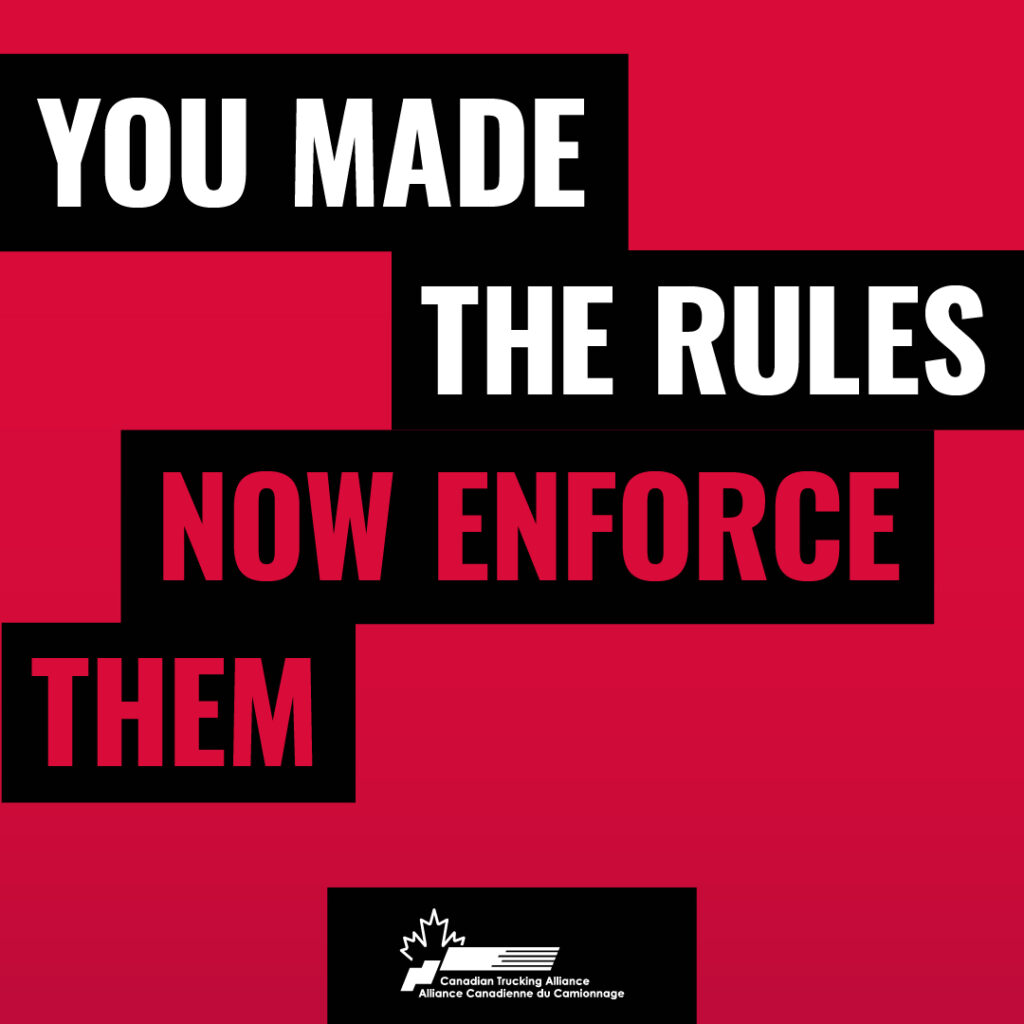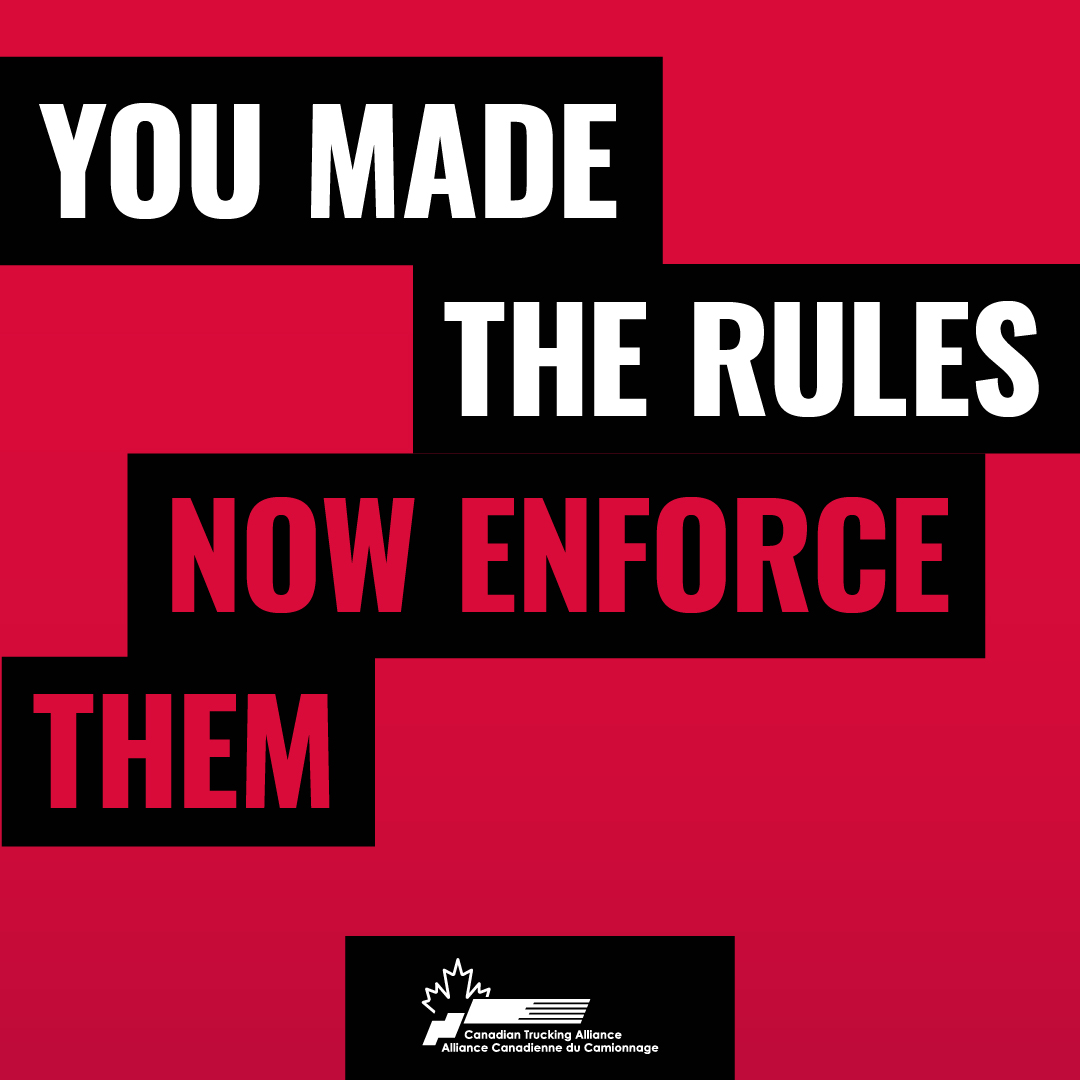The federal government has vowed in its Fall Economic Statement to take aim at Driver Inc. employers.
“In the trucking industry, there is a long history of companies using the misleading Drivers Inc. practice, whereby drivers are encouraged to self-incorporate and operate as independent contractors without being provided information on the downsides of the practice,” the feds wrote in the statement, delivered by Finance Minister Chrystia Freeland.

“By not classifying drivers as employees, companies are denying them access to important rights and entitlements under the Canada Labour Code, such as paid sick leave, health and safety standards, employer contributions for Employment Insurance and the Canada Pension Plan, and provincial or territorial workplace injury compensation.”
It indicated a recent pilot enforcement project found that more than 60% of federally regulated transportation employers fell into this category. The economic statement proposed to provide $26.3 million over five years, beginning in 2023, to take stronger action against non-compliant employers through Employment and Social Development Canada.
“This will improve working conditions for thousands of gig workers, newcomers, and racialized Canadians while creating fairer, safer workplaces for everyone by ensuring that federally regulated transportation employers are not illegally misclassifying their drivers,” the report said.
The feds indicated further details will be included in the 2023 budget and that Canada Revenue Agency will work with the transportation industry to raise awareness about the scheme.
The Canadian Trucking Alliance (CTA) has long condemned the use of the Driver Inc. employment model and welcomed the announcement.
“As the statement notes, both ESDC and CRA will be making compliance a priority and we look forward to working with both departments to ensure hard enforcement is commenced nationally as soon as possible,” said CTA president Stephen Laskowski.
Other commitments laid out in the economic report that were welcomed by the CTA included a $137 million investment in border staffing, and an increase in immigration to 500,000 immigrants a year by 2025.

















